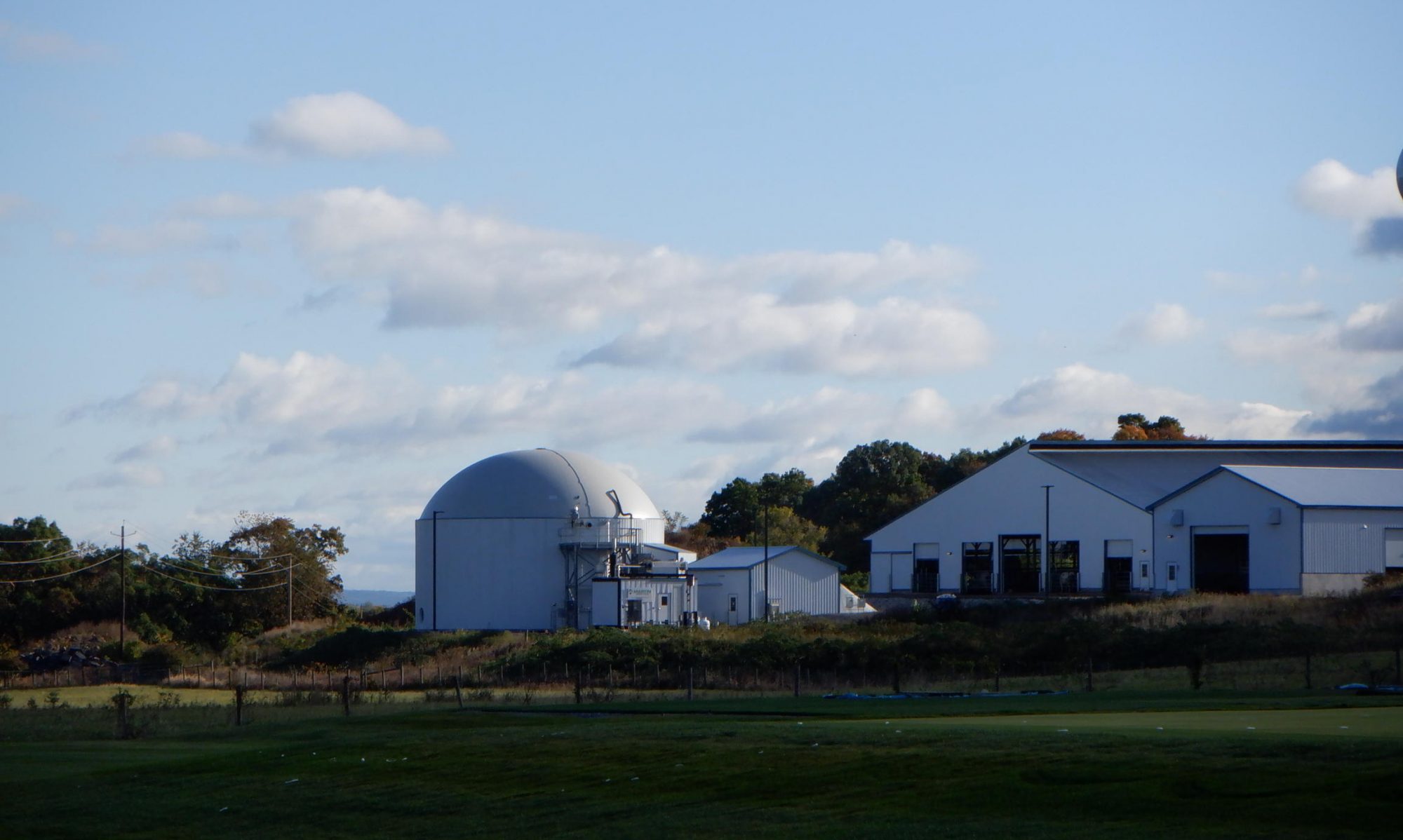
This curriculum module on Energy Efficiency in Field Crop Production examines four major areas where analysis and management of energy inputs in field crop production can lead to energy savings. These include reducing fuel consumption in tractor and equipment use in field operations, considering energy invested in optimizing nutrient use and pest control, saving energy in irrigation and managing grain drying for energy conservation.
Link to all of the Northeast Farm Energy IQ Curriculum, developed by Extension specialists from Penn State, Rutgers and University of Vermont.
This is part of the Farm Energy Efficiency Curriculum Series: Farm Energy Efficiency Principles | Energy Audits | EE for Dairy Farms | EE for Greenhouses | EE for Fruit Production | EE for Field Crop Production | EE for Direct Market Farms
This module includes:
- Field Crop Production – Module Overview.pdf – instructions for presentations to Ag Service Providers (ASP) and Farmers
- Field Crop Production – ASP Presentation.pdf
- Field Crop Production – ASP Presentation Outline.pdf
- Field Crop Production – ASP Handouts.pdf
-
Video of ASP presentation: Energy Conservation in Field Crop Production – Zane Helse; by Rutgers CPE Media Productions
- Field Crop Production – Farmer Presentation.pdf
- Field Crop Production – Farmer Presentation Outline.pdf
- Field Crop Production – Farmer Handouts.pdf
-
Resoureces for educators, service providers, and farmers:
- Fact sheets
- Field Crop Production – References and Resources.pdf – provides a list of many additional resources.
Module Author, Zane R. Helsel, PhD, is an Extension Specialist in Agriculture Energy with Rutgers Cooperative Extension and Rutgers University in New Brunswick, NJ and Courtesy Professor of Agronomy at the University of Florida. In the 1970s, Dr Helsel evaluated yield and direct combustion energy potential of 12 different potential biomass energy crops in Iowa. In the years following he authored numerous publications on the conservation of energy on the farm, emphasizing those in fuel use for equipment and reducing energy in pest control and nutrient use. He continues to provide Extension programming on various aspects of energy use and conservation, and in the last 5+ years has returned to evaluating the potential for biomass energy production in agriculture both in New Jersey and in Florida. In Florida, he has conducted research on production and energy potential of sweet sorghum, tropical corn, switchgrass, and tall growing perennial grass crops (sugar and energycanes, elephantgrass, Arundo donax, etc) for direct combustion and conversion to ethanol. He has also worked with Dr Jose Alvarez on the development of budgets for the production of sugarcane, energycane, sweet sorghum and switchgrass for ethanol production. In New Jersey his emphasis has been on switchgrass, but has also evaluated annual crops as well. He has been involved nationally and regionally in research and education work serving on the Steering Committee of the Northeast Sungrant program and as a contributor to eXtension’s community of practice on Farm Energy.
If you wish to adapt these curriculum materials for your own educational purposes, please contact the Module Author for permission and files:
